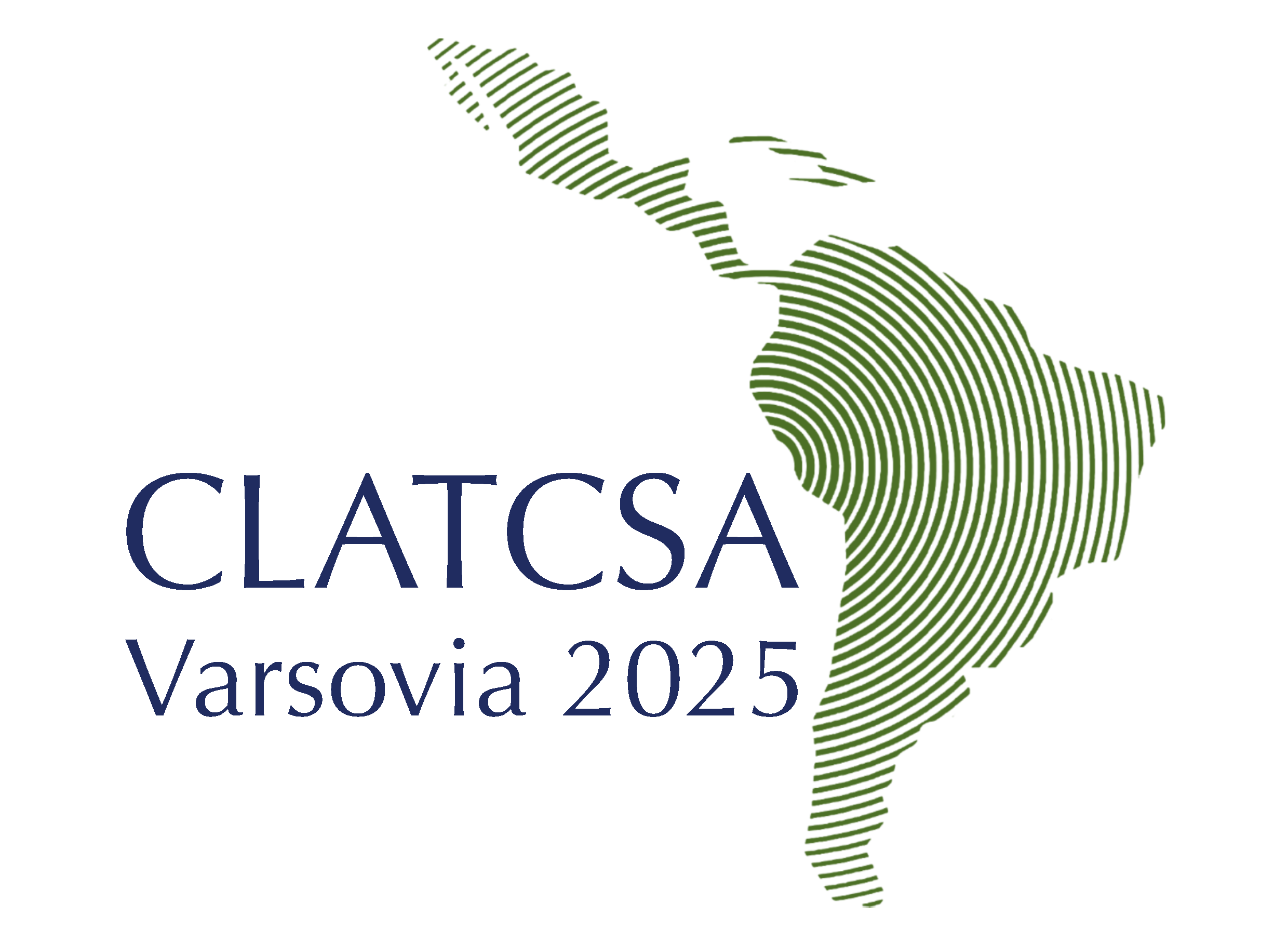We have formulated the following main thematic axes of the Congress:
- Wealth of resources and the perspective of the benefits of their use: any conflict
- Divided societies: structures and internal relationships, and their spatial representation
- Authorities versus citizens’ needs and expectations: strategies and actions, both overt and covert
- Lost, hidden, and marginalized societies: their rootedness in the territory
- Mechanisms, tools, and technologies to support local and regional development
- Alternative development and alternatives to development
- Territorial justice paradigm versus competition for rent – local and global agents
- NEW! Environmental migration*
However, we are also open to your suggestions. Don’t hesitate to submit your proposal on any of the topics that belong to social or environmental sciences. If you have any doubts you can also contact us through the event email: clatcsa@uw.edu.pl
* Environmental migration – This thematic axis accepts analyzes and studies related to environmental migration in the broadest sense, embedded in the triad of academic work: teaching, research and college consultancy. Participants are expected to present theoretical and empirical work on the following topics: the impact of environmental change on societies and their different groups in rural and urban areas, the history of environmental migration, external migrations triggered by environmental disasters, environmental migration and its impact on family health, environmental education for migrants, and global and local policies to address environmental migration.
Job profile of the person in charge
BA in Political Science UNR. Master in Politics and Sociology FLACSO. PhD in Social Sciences. Faculty of Sociology UBA. She has a background as a researcher at CONICET, as well as a research professor in: Social Medicine at the Faculty of Medicine of UNR, Research Methodology at the Faculty of Communication and Education of USAL and member of the Ibero-American Network of Researchers of Globalization and Territory (RII). She participates as a visiting professor in the Multidisciplinary Research Group on Humanism and Innovation at the Faculty of Piracanjuba (NPGPERC/FAP/UFG). Goiania, Brazil. She is a visiting scholar at CIDEMO/UNIVO in El Salvador (Central America) and is contributing to the book on migrations that is in print. She is a member of the international scientific committee of the journals: “Health and Development” of IEPROES and “Revista Multidisciplinaria de Investigación” of UES. She recently coordinated an environmental project of Rotary Palermo News in Salta (Northwest Argentina) and was responsible for planning courses on “Climate Change, Water and Health” at the Medical School of Santa Fe, 1st circ (Argentina).
